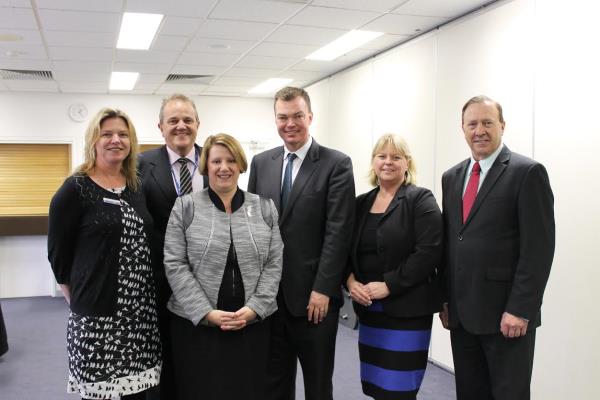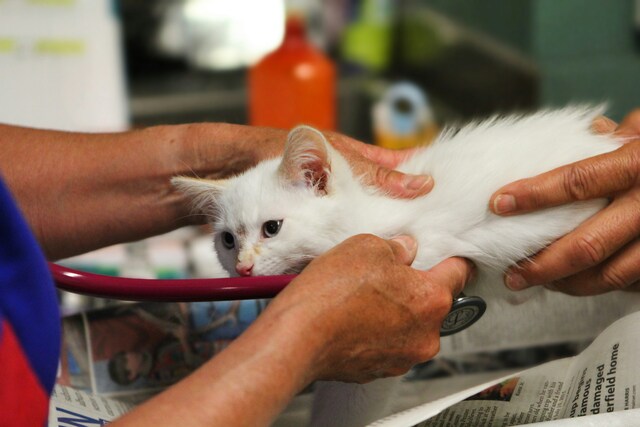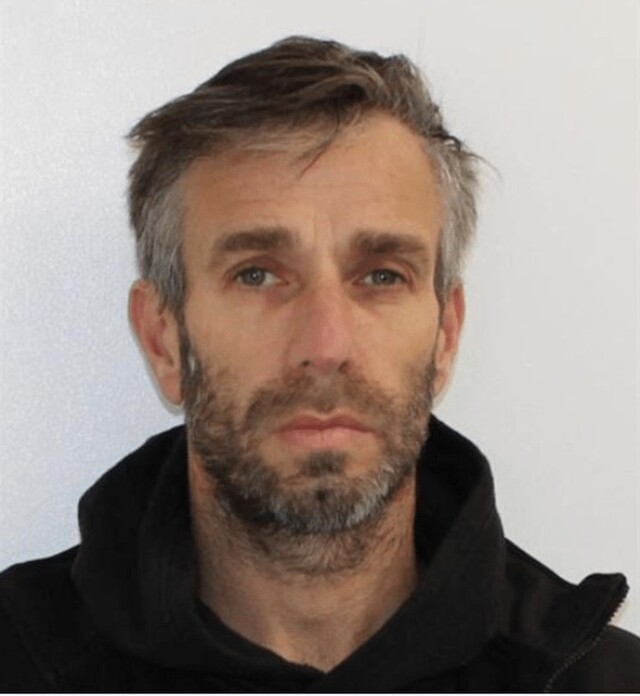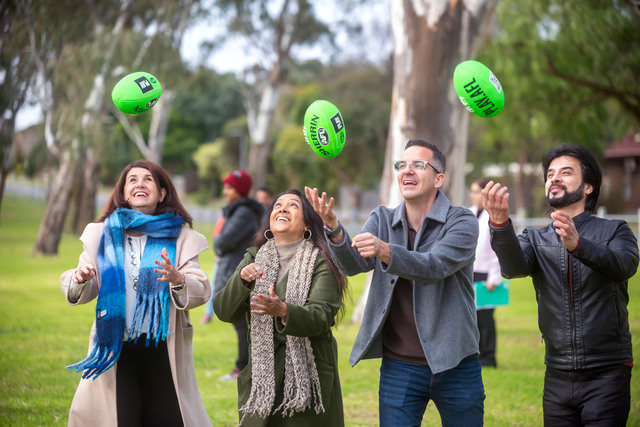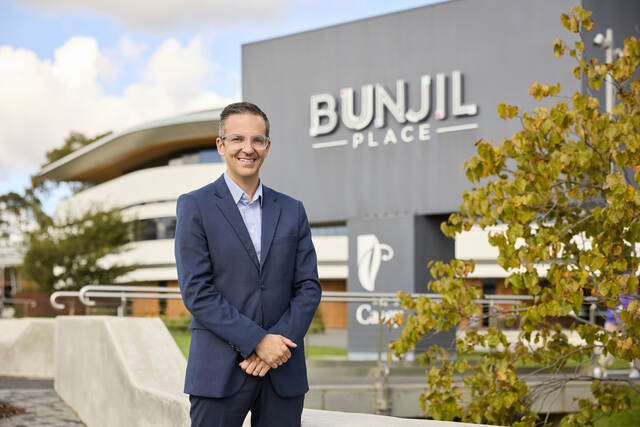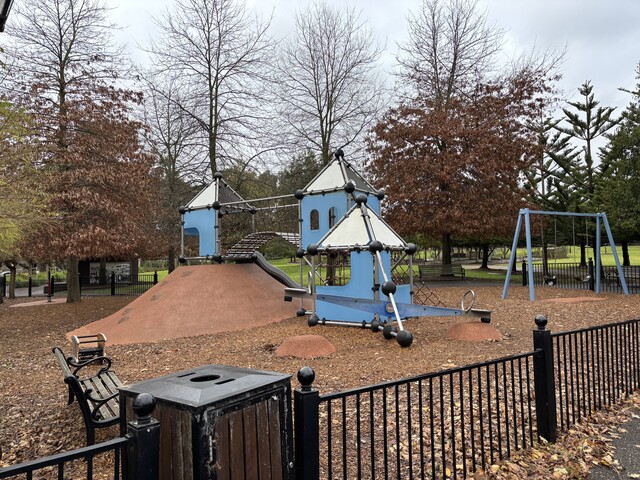By LACHLAN MOORHEAD
THE State Government will give the Municipal Association of Victoria (MAV) a $200,000 grant to tackle violence against women over the next two years.
Crime Prevention Minister Edward O’Donohue announced the introduction of the grant on Thursday at the Casey Council chambers, which the MAV will use towards its violence against women projects.
“One of the great challenges for us as a community, as a society, is violence against women and children and I think we’ve embarked as a community on a generational project,” Mr O’Donohue said.
“A generational challenge to try and drive cultural change and drive behavioural change in our community and we see through the police reports an increasing number of reports being made which in one sense is bad, in the other sense is positive that it would appear this issue’s being swept under the carpet less.
“The real challenge of course is to change behaviours so that everyone is treated with respect and that regardless of one’s gender, violence is unacceptable.
“And violence is unacceptable whether it’s out on the Princes Highway out here, in the shopping centre or behind closed doors at home.”
The $200,000 will be provided during the 2014/15 and 2015/16 financial years, and will be spent on resources co-ordinated by the MAV, but made accessible to all 79 councils.
“It will go to the MAV and from there they will develop programs and tool kits for other councils,” Mr O’Donohue said.
“It won’t be divvied up per se, the MAV will develop procedures and information programs that council can then take off the shelves and use.”
MAV Preventing Violence Against Women Policy Adviser Kellie Nagle said the job wasn’t done yet.
“We have increasing reports of family violence. It doesn’t necessarily mean there’s more violence happening, but certainly people are feeling more comfortable in reporting, which is a good thing,” she said.
“And the more we do this work, and allow communities to have those conversations, the increasing in reporting will probably continue for a while yet but we have to start trying to prevent it before it occurs.
“It’s actually about building the awareness of council staff, 130 different council services touch people’s lives, so we’ve got so much opportunity, this is unparalleled access to the community to start influencing that cultural change.”

